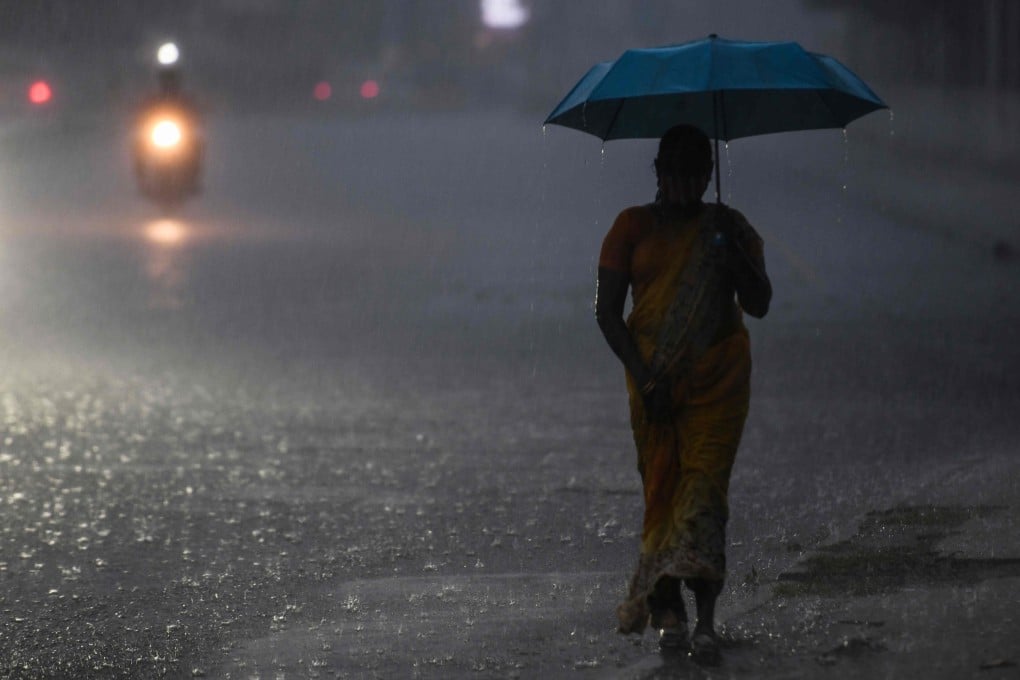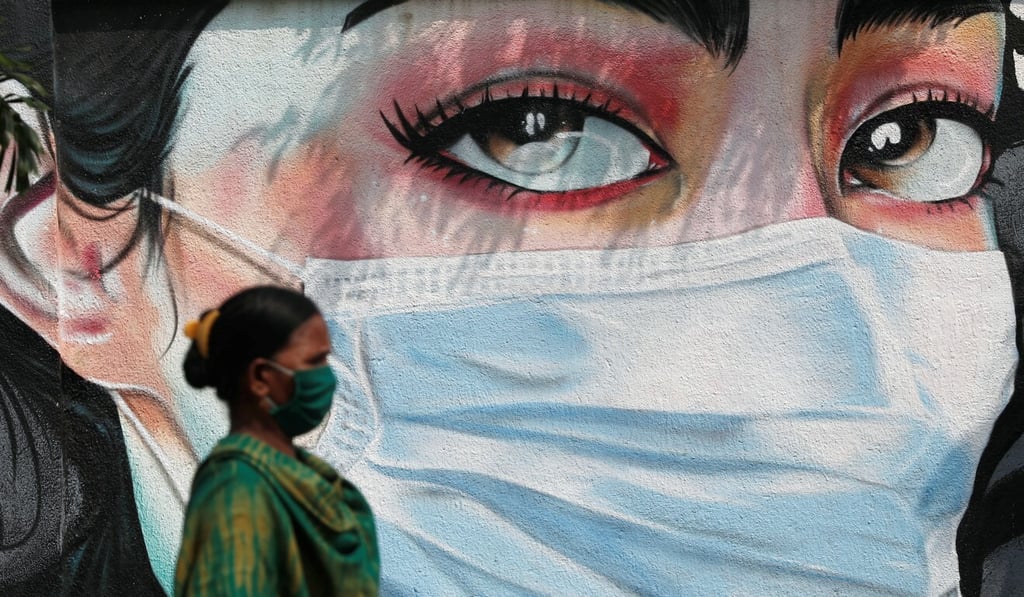Single by choice: India’s women reject marriage in their millions, but society hasn’t caught up
- There are more single women in India today than at any time since records began, yet discrimination, stereotypes and the patriarchy still abound
- Single women often find themselves labelled as morally loose or headstrong, forced to fight a constant uphill battle against societal prejudices

Debbie Paul has been called headstrong, stubborn and selfish for not having a husband, but the 47-year-old development professional, who lives alone in New Delhi, is among a growing demographic in modern-day India: women over 30 who choose to be single, despite societal expectations.
At the turn of the century there were only about 51 million unattached women in the entire country, according to census data from 2001, but this number increased by almost 40 per cent over the ensuing decade to reach 71.4 million in 2011’s census.
Single women have more freedom to get an education, pursue their careers and live life on their own terms – free of the family pressures and subservience that so often accompany married life for women in India.

They also avoid being trapped in abusive marriages or becoming victims of domestic violence, but observers say the growing number of singletons does not necessarily equate to an increase in female empowerment.